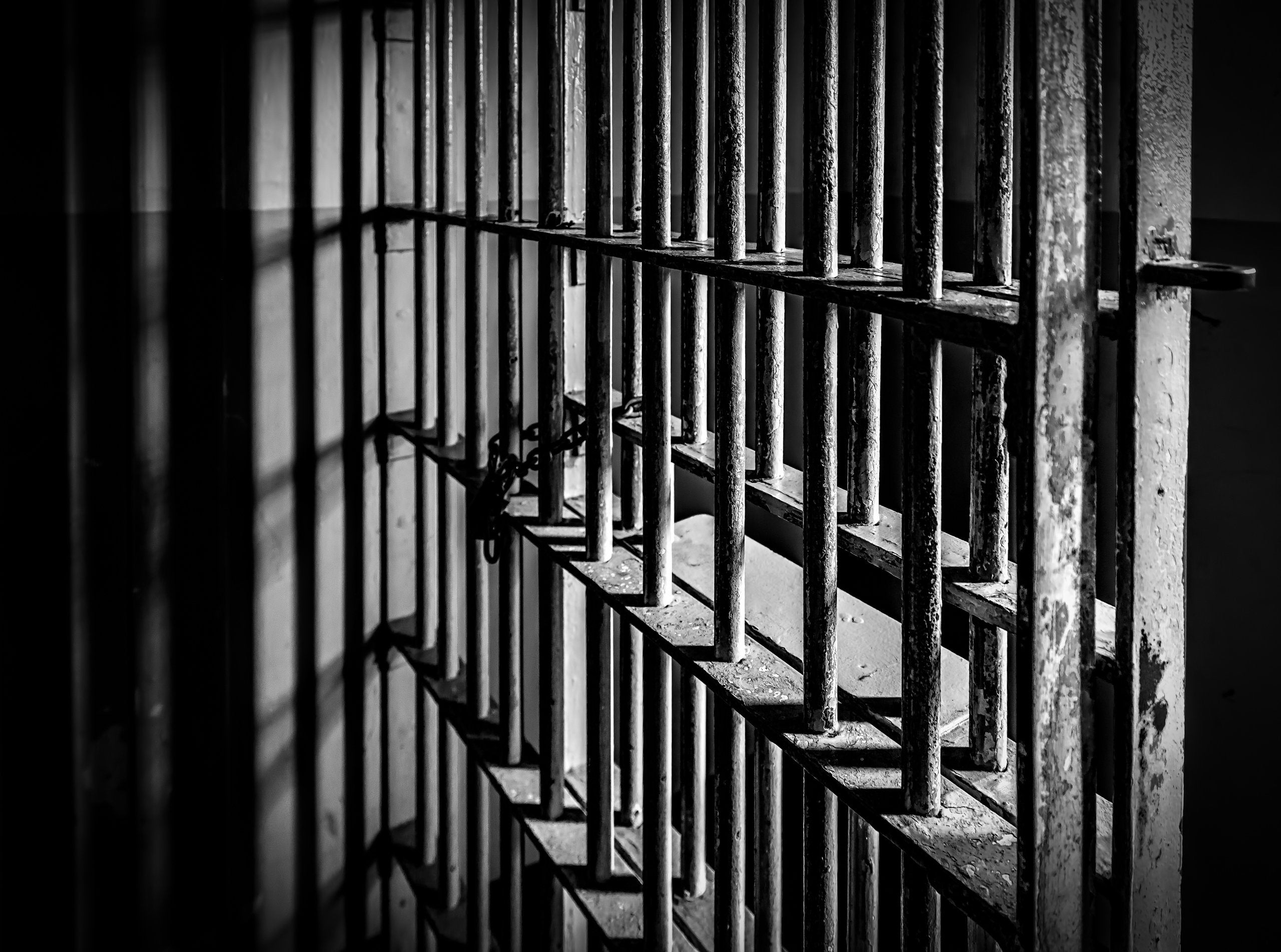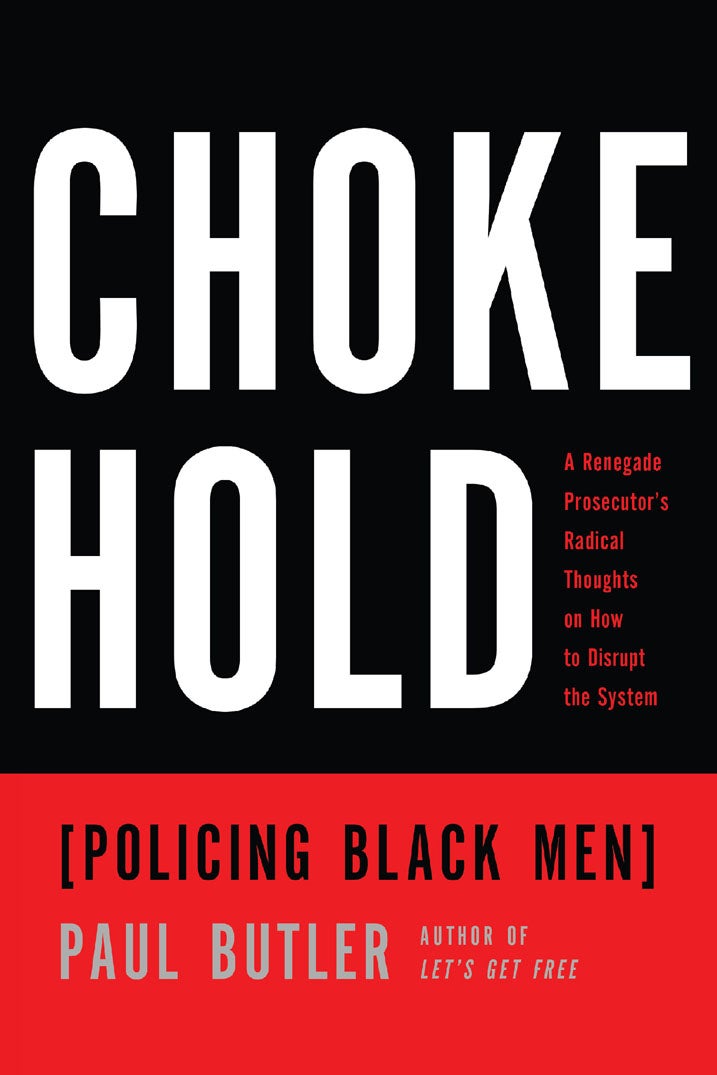
First Amendment advocates are hot over a decision by Arizona’s Department of Corrections to ban prisoners from reading a particular book on the relationship between Black men and mass incarceration. The American Civil Liberties Union is calling on the state’s prison system to reverse order.
Chokehold: Policing Black Men by Paul Butler, delves into the ways in which racial oppression functions within the U.S. justice system to the detriment of Black men. Advocates believe the subject matter alone makes the censorship unjust. But that didn’t stop the corrections department from sending Butler’s publisher an email in March saying the book was “unauthorized content.”
“I’ve received letters from several inmates who have read Chokehold while they are serving time. No one has indicated that reading Chokehold has caused any problems in prison,” Butler told the AP.
Arizona’s corrections department prohibits reading material that contains content that could lead to a riot or the stoppage of work. Publications also can not include sexually explicit material. According to Butler and the ACLU, Chokehold has neither.
“But there’s nothing about ‘Chokehold’ that threatens day-to-day safety of inmates or jailers,” Butler told The New York Times. “‘Chokehold’ is all about threatening the institution of prison. My book wants to abolish prison, but it wants to do it in the same nonviolent fashion that Martin Luther King took down Jim Crow.”

Butler is not the first author to be censored by the U.S. prison system. Michelle Alexander received similar pushback with her book, The New Jim Crow in North Carolina, Florida, and New Jersey. As with Alexander, the ACLU is standing firm with Butler and has written a letter to the Arizona Department of Corrections.
Emerson Sykes, an ACLU attorney, said the group is prepared to sue if there is no response to the letter. Sykes also noted to the AP, that he believes the ban was made based on content, which would be unconstitutional.